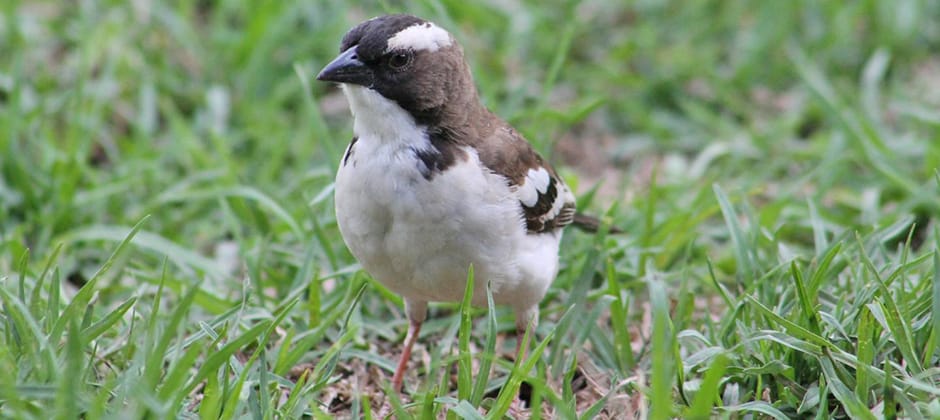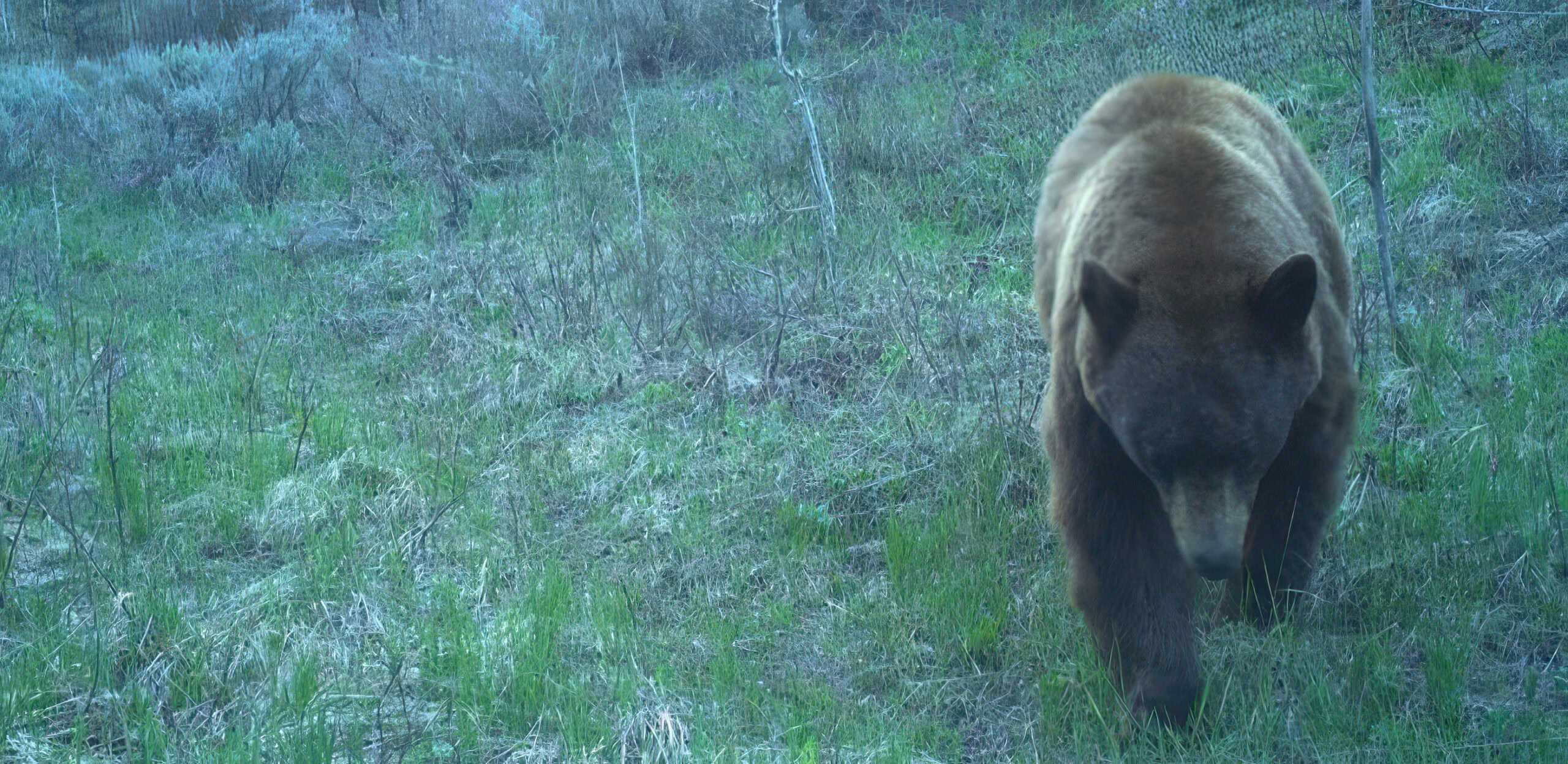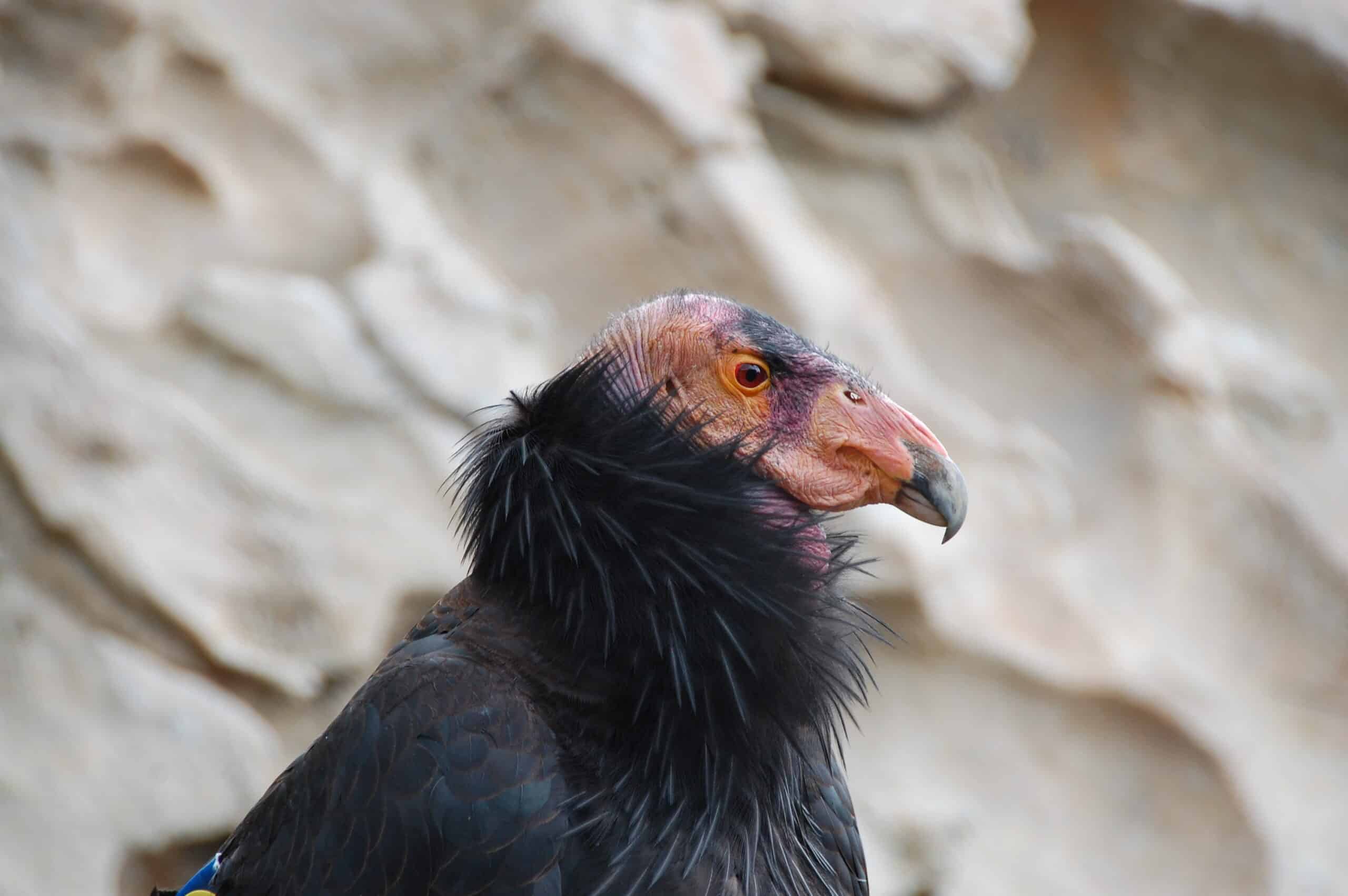Share this article
Will next century’s wildlife be smaller, fast-lived species?
In the next 100 years, researchers predict the world will be filled with more small birds and mammals that are fast-lived, such as rodents and songbirds. Less adaptable, larger species that are slow-lived are more likely to face extinction, they found.
“We definitely expected to find a pattern in body mass,” said Rob Cooke, a postgraduate researcher at the University of Southampton and lead author of the study published in Nature Communications. Past research pointed to humans targeting larger species for things like bush meat, body parts and skins, he said.
In the study, Cooke and his colleagues used the International Union for Conservation of Nature Red List to delve deeper into possible extinctions of over 15,000 species in the next century. They looked at how body mass, litter or clutch size, habitat, diet and length of time between generations could affect species’ status, and they projected what this would look like in a “business-as-usual” scenario into the next century.
They found that small, fast-lived, highly fertile, insect-eating animals are more likely to survive, while less adaptable, slow-lived species that require specific environmental conditions are more likely to become extinct. Species like dwarf gerbils (Gerbillus nanus) and white-browed sparrow-weavers (Plocepasser mahali) will likely survive, they found, while others, such as the tawny eagle (Aquila rapax) or black rhinoceros (Diceros bicornis) will likely face extinction.
On average, the predict the average body mass of mammals in general will be reduced by 25%. This number is much higher than the 14% body size reduction from around 130,000 years ago to today.
Cooke said these possible extinctions mostly relate back to human effects such as persecution and habitat loss. “The largest species need more habitat, and habitat loss affects those species first,” he said. Other threats include indirect effects from humans as well, such as climate change.
“These extinctions haven’t happened yet,” Cooke said. “But if we lose them, there are huge ecological consequences. This highlights that if we prevent this loss, we can avoid the worst of the ecological complications by prioritizing species in the ecosystem and also by managing systems better and reducing human impact and direct killing and selective loss of larger species and also habitat maintenance and preservation.”
Header Image: Smaller species like the white-browned sparrow weaver are more likely to survive in the next century than larger birds. ©Robert Cooke








